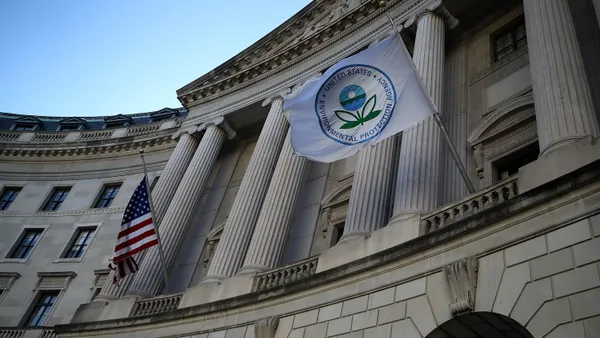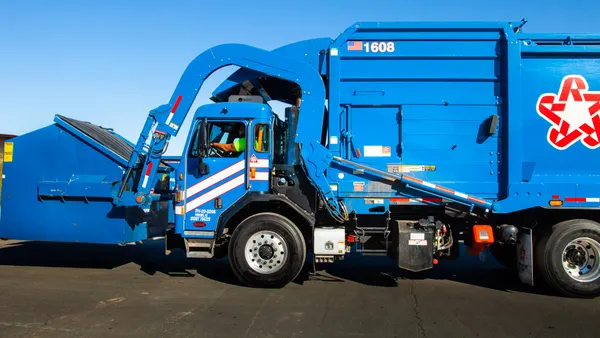Dive Brief:
-
The U.S. Supreme Court has declined to address the compensability of short rest breaks, failing to resolve alleged disagreement between the federal appellate courts and the U.S. Department of Labor (DOL) (American Future Systems, Inc., d/b/a Progressive Business Publications, et al., 16-2685, cert. denied (June 11, 2018)).
-
A group of sales representatives who filed the Fair Labor Standards Act (FLSA) suit against American Future Systems were only paid for the time they spent logged into their computers. They were docked when they stepped away from their monitors for more than 90 seconds, they said, alleging FLSA violations. The 3rd U.S. Circuit Court of Appeals had ruled in the employees' favor, applying DOL regulations that require employers to pay workers for breaks lasting 20 minutes or less. The employer had argued that it provided "flex time" rather than "breaks," which allowed workers to clock out whenever they wanted, for any reason. The court was not persuaded, saying that to dock the pay of employees who can't manage a bathroom sprint is "absolutely contrary to the FLSA." A lower court previously found the employer liable for least $1.75 million in back wages and damages, according to DOL.
-
American Future Systems asked the High Court to clarify how compensability for breaks should be determined. The question of pay could be determined, the company argued, by an assessment of the circumstances of the break, as several appellate courts have held. Other courts, however, have deferred to DOL's bright-line rule.
Dive Insight:
DOL vehemently defended its regulations in a reply brief, and disagreed that the alleged split exists. Citing a previous Supreme Court opinion, DOL argued that "hours worked [are] not limited to the time an employee actually performs his or her job duties."
Still, there are limits to what employers may need to offer to comply with DOL's regulations. First, bona fide meal periods (typically lasting at least 30 minutes) serve a different purpose than coffee or snack breaks and, thus, are not work time and are not compensable, according to the agency. Moreover, unauthorized extensions of breaks need not be counted as hours worked when "the employer has expressly and unambiguously communicated to the employee that the break may only last for a specific length of time, that any extension of the break is contrary to the employer's rules, and any extension of the break will be punished."
In other words, employers remain free to correct bad behavior. If an employee violates an employer's break policy and repeatedly takes 19-minute breaks, for example, experts generally agree that DOL's regulations still require that they be paid for that time. Employers may, however, dole out discipline, up to and including termination.










